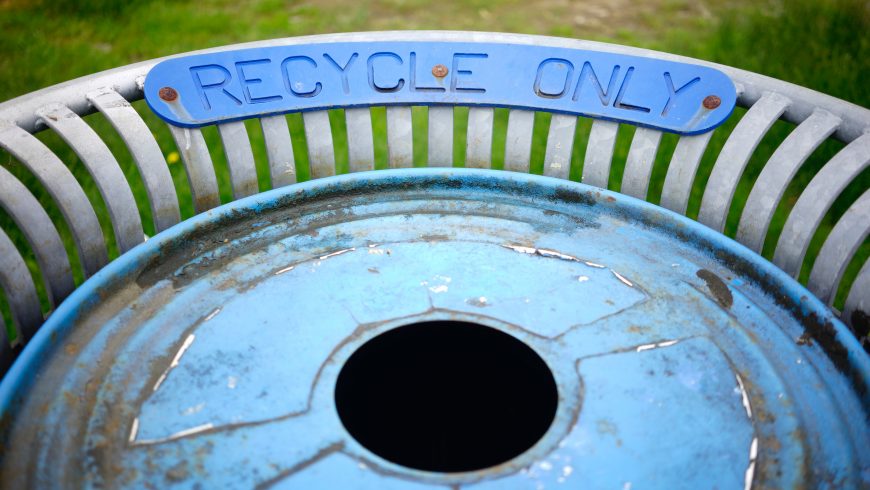The earth is our home and yet we exploit its resources, disorganizing the natural ecosystem. Anthropogenic activities have caused major environmental disasters like global warming and desertification. If we continue with our current ways, we will never succeed in replenishing natural assets, because we have already surpassed our planet’s sustainability.
We are responsible for ruining the natural balance, and only we can reverse it. Not all of us can initiate large-scale environmental movements, so we can play our part by making greener choices in our routine affairs. ‘Reduce’, ‘Reuse’, and ‘Recycle’ are the three major pillars of an eco-friendly lifestyle.

Air and Water are the most fundamental aspects of human life, as our survival depends upon them. We have polluted most of our water bodies and harmed aquatic life in the process. As a result, we do not have enough clean drinking water to fulfill everyone’s needs. Many people living in poverty-stricken areas only have access to contaminated and murky waters. While we waste gallons of purified water each day, they are dying of thirst and water-borne diseases.
If we all save some water every day, together we can make a huge difference. We can start by withdrawing the habit of leaving the water running while we brush our teeth and shower. We should avoid hosing floors or cars, and switch to buckets of water for a controlled supply. If your area receives a lot of rainfall, collect it and use it for activities like washing and gardening.

If you live near the sea, a river, or a lake, restrain from polluting it with waste products and tell others to do the same. Volunteer to clean beaches and land surrounding water bodies; request your community leaders to install waste/recycling bins all over the place. Plastic trash is the most hazardous type of waste as it is non-biodegradable. Abandon the use of plastic shopping bags and condemn products that come in plastic wrappers/packaging.

Use containers made from recycled paper and buy cloth bags, which are more durable and environmentally friendly. Go green by consuming organic products, which are fresh and beneficial for your health. Avoid processed food that is imported or transferred from distant places; their transportation and preservation are both a burden on our natural resources.
Our vehicles and utilities are powered by burning fossil fuels, which produce harmful gases polluting our atmosphere. We cannot give up electricity and transport facilities, but we can minimize the total impact. Carpooling and making use of public transport is a great way to reduce our carbon footprint. We must also consider walking and cycling to cover shorter distances.

We shall switch off lights, air conditioning, T.V, and other electric appliances when not in use, or when we are leaving the room for a while. A shift towards green technology like energy-saving bulbs and automatic water heaters are great for the environment and save us money by cutting down utility bills. Stop littering around, recycle your garbage, and reuse stuff instead of disposing of it.
Going green will not only conserve the environment but also help make the world a better place for future generations.
Cover image: buying organic food and using a cloth bag, photo by Priscilla Du Preez on Unsplash
Author Bio: John Adams writes about social issues, environmental disasters, and civil rights. He encourages readers to improve their quality of life by incorporating positivity in their thoughts and actions.




